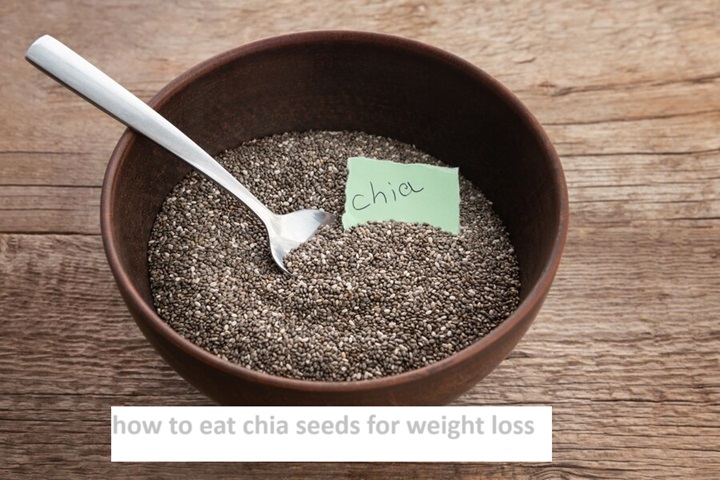What Happens to Your Body During Masturbation?
To understand whether masturbation causes weight loss, it’s essential to analyze what happens physiologically during the act. Masturbation involves sexual stimulation, leading to arousal and orgasm. Here are some of the key physiological changes:
- Increased Heart Rate: During masturbation, your heart rate rises, similar to light physical activity.
- Hormone Release: Orgasm triggers the release of several hormones, including dopamine, oxytocin, and endorphins. These hormones promote relaxation and a sense of well-being.
- Calorie Burn: Masturbation does burn calories, but the amount is minimal. On average, an orgasm may burn 3-5 calories.
While these changes might seem like they could impact weight loss, the energy expenditure is relatively small.
Table of Contents
The Science Behind Weight Loss

To determine if masturbation can lead to weight loss, we need to understand the fundamentals of weight loss:
- Caloric Deficit: Weight loss occurs when you burn more calories than you consume. This is usually achieved through a combination of diet and exercise.
- Exercise and Physical Activity: Physical activities such as running, swimming, and strength training burn significantly more calories compared to light activities like masturbation.
- Metabolic Rate: Your basal metabolic rate (BMR) determines how many calories your body burns at rest. Factors like age, sex, and muscle mass influence your BMR.
Given these factors, masturbation alone is unlikely to create a significant caloric deficit to impact weight loss.
Debunking the Myths: Does Masturbation Cause Weight Loss?

Many myths surround the idea that masturbation causes weight loss. Let’s address some of the most common misconceptions:
1. Myth: Masturbation Drains Energy and Reduces Weight
Some believe that masturbation depletes the body of energy, leading to weight loss. However, the energy expended during masturbation is minimal. A single session burns about as many calories as walking up a flight of stairs.
2. Myth: Frequent Masturbation Impacts Muscle Growth and Fat Loss
Testosterone plays a crucial role in muscle growth and fat metabolism. While masturbation temporarily affects testosterone levels, the impact is short-lived and does not significantly affect long-term muscle growth or fat loss.
3. Myth: Masturbation Increases Metabolism
While orgasm can cause a temporary spike in metabolic rate, it is not sustained long enough to contribute meaningfully to weight loss. Regular exercise is far more effective for boosting metabolism.
The Psychological Impact of Masturbation on Weight
The psychological effects of masturbation can indirectly influence weight. Here’s how:
- Stress Reduction: Masturbation can reduce stress by releasing endorphins. Lower stress levels can prevent stress-induced overeating.
- Improved Sleep: Masturbation promotes relaxation and better sleep, which are essential for weight management.
- Body Image and Confidence: Positive self-perception can encourage healthier lifestyle choices, indirectly aiding weight management.
While these psychological benefits are notable, they do not directly answer the question, “Does masturbation cause weight loss?”
Comparing Masturbation to Exercise
Let’s compare the caloric expenditure of masturbation to common physical activities:
| Activity | Calories Burned (per 30 minutes) |
|---|---|
| Masturbation | 15-20 |
| Walking (3 mph) | 100-150 |
| Jogging | 200-300 |
| Cycling | 250-400 |
| Weightlifting | 150-250 |
The table clearly illustrates that masturbation burns far fewer calories than typical physical activities. Thus, relying on masturbation as a weight loss method is unrealistic.
The Role of Hormones: Does Masturbation Affect Weight?

Hormones play a vital role in weight regulation. Here’s how masturbation influences hormone levels:
- Testosterone: Masturbation temporarily lowers testosterone levels, but the effect is short-lived and does not significantly impact body composition.
- Cortisol: Orgasm reduces cortisol, a stress hormone linked to weight gain. This reduction can have indirect benefits for weight management.
- Dopamine and Serotonin: These mood-enhancing hormones can reduce cravings for unhealthy foods, promoting better dietary habits.
While hormonal changes from masturbation may influence behavior and mood, they do not directly cause weight loss.
Can Masturbation Be Part of a Healthy Lifestyle?
Masturbation is a normal activity that can be part of a balanced, healthy lifestyle. Its benefits include:
- Stress Relief: Reducing stress can support weight management by preventing emotional eating.
- Better Sleep: Quality sleep aids metabolism and overall health.
- Improved Mood: A positive mindset encourages better choices in diet and exercise.
However, it is not a substitute for regular physical activity or a healthy diet.
Addressing Concerns About Excessive Masturbation
While occasional masturbation is healthy, excessive habits can have drawbacks, such as:
- Mental Fatigue: Overindulgence can lead to fatigue, impacting motivation for exercise.
- Reduced Productivity: Spending excessive time on masturbation may limit time for other healthy activities, like working out or meal preparation.
If you’re concerned about the frequency of your masturbation habits, consulting a healthcare professional or therapist can provide guidance.
Conclusion: Does Masturbation Cause Weight Loss?
The short answer to the question, “Does masturbation cause weight loss?” is no. While masturbation has various physical and psychological benefits, its impact on weight loss is negligible. Burning a few calories during masturbation is not sufficient to create the caloric deficit needed for significant weight loss. For effective weight management, focus on:
- Maintaining a balanced diet
- Engaging in regular physical activity
- Managing stress effectively
- Getting adequate sleep
Masturbation can be part of a healthy lifestyle but should not be viewed as a substitute for proven weight loss strategies.
By understanding the facts and dispelling myths, you can make informed decisions about your health and well-being. Remember, achieving and maintaining a healthy weight requires a holistic approach that combines physical, psychological, and lifestyle factors.




